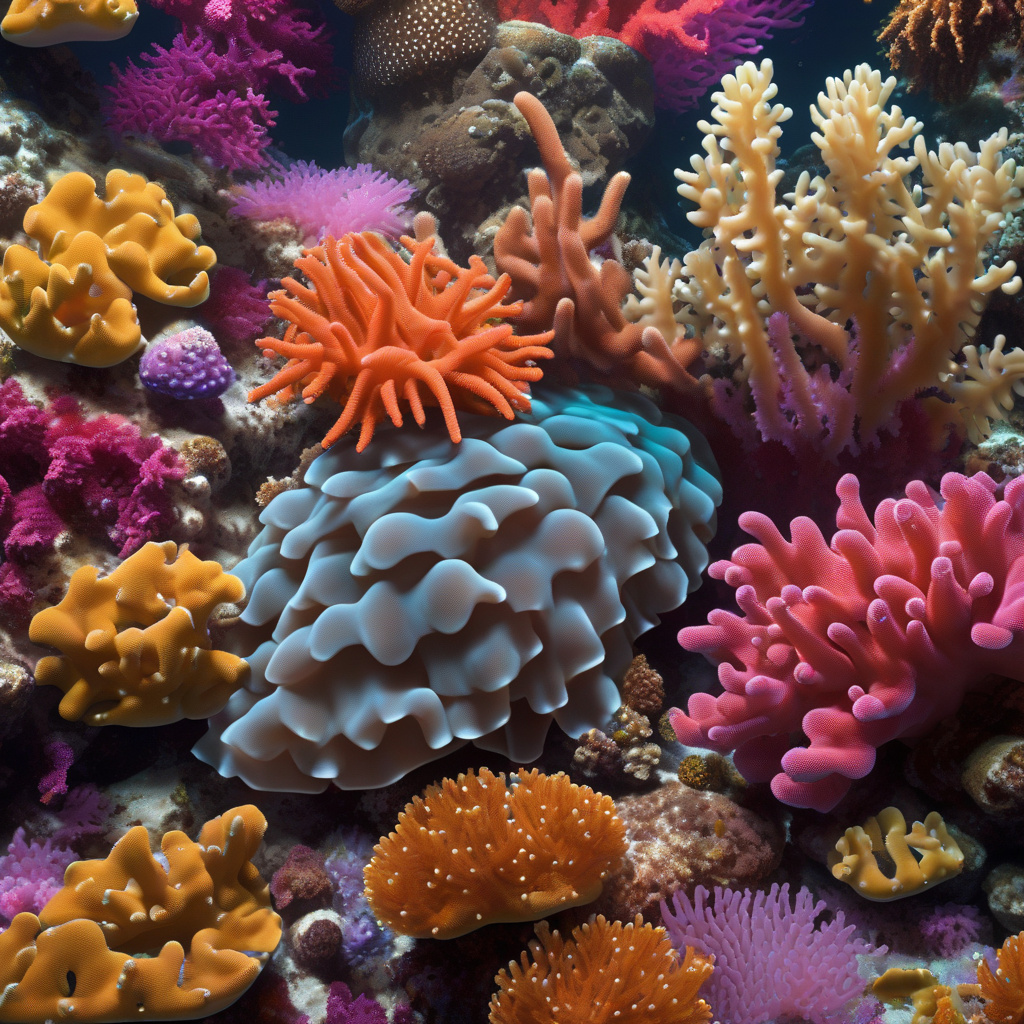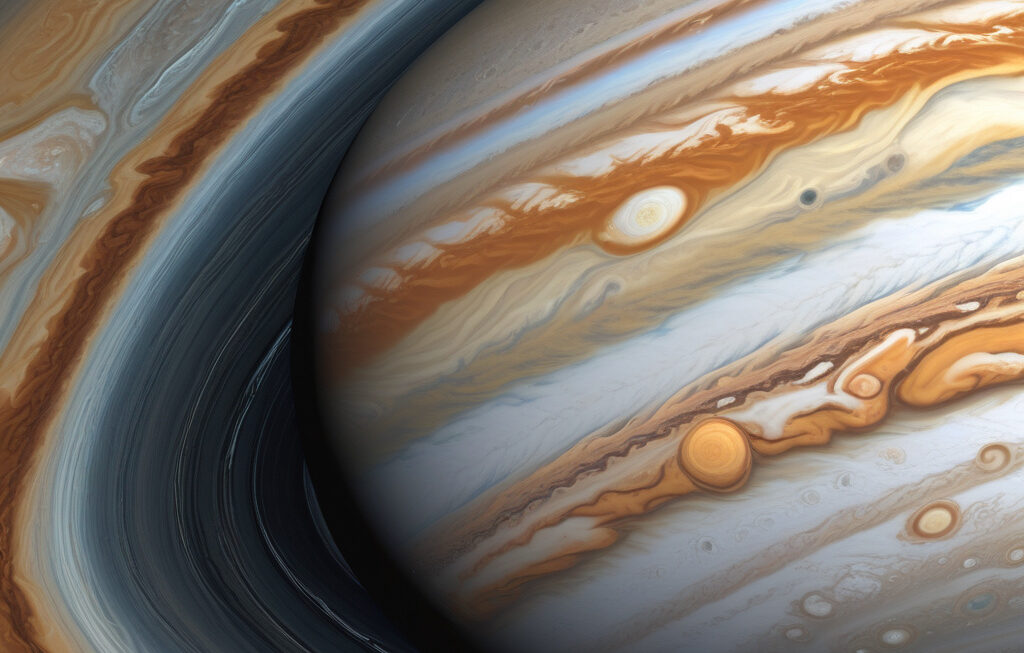Scientists Find Cancer-Fighting Sugar in Sea Cucumbers with No Blood Clotting Risk
Sea cucumbers scrub the seafloor. Soon, they might scrub out cancer. A team of researchers from the University of Illinois Urbana-Champaign discovered a promising compound in these marine creatures that could revolutionize cancer treatment. The study, published in the Journal of Medicinal Chemistry, unveils a sugar molecule in sea cucumbers that not only fights cancer cells but also does so without the risk of blood clotting, a common concern in traditional cancer therapies.
The compound, named fucosylated chondroitin sulfate (FCS), is a type of sugar chain that the researchers found to be extremely effective in inhibiting the growth of cancer cells in laboratory tests. What makes FCS stand out is its ability to target cancer cells specifically, leaving healthy cells unharmed. This targeted approach could potentially reduce the severe side effects often associated with chemotherapy and radiation therapy, offering a more tolerable treatment option for cancer patients.
Moreover, one of the most significant advantages of FCS is its lack of impact on blood clotting. Unlike many existing cancer treatments that can interfere with the body’s ability to clot blood properly, FCS shows no such risk. This finding is particularly promising for cancer patients who are at a higher risk of bleeding or clotting issues, as it eliminates a common complication associated with conventional cancer therapies.
The discovery of FCS in sea cucumbers highlights the importance of exploring natural sources for potential medical breakthroughs. Nature has long been a source of inspiration for pharmaceutical advancements, with many life-saving drugs originating from plants, marine organisms, and other natural sources. By harnessing the power of these natural compounds, researchers can uncover new treatments that are not only effective but also less harmful to the human body.
In addition to its anti-cancer properties, FCS also exhibits anti-inflammatory and antioxidant effects, further enhancing its potential as a multi-faceted therapeutic agent. These additional benefits could prove invaluable in cancer patients who often experience inflammation and oxidative stress as a result of their condition or treatment.
While the research is still in its early stages, the discovery of FCS in sea cucumbers opens up a promising new avenue for cancer treatment. Future studies will focus on further investigating the mechanisms of action of this compound, as well as its potential applications in clinical settings. If successful, FCS could one day offer a safer and more effective alternative to traditional cancer therapies, bringing hope to millions of patients worldwide.
In conclusion, the identification of FCS in sea cucumbers as a potent anti-cancer compound represents a significant milestone in the field of oncology. With its targeted approach, lack of blood clotting risk, and additional health benefits, FCS has the potential to transform the way we treat cancer. As scientists continue to explore the vast potential of natural sources, we may see more groundbreaking discoveries that pave the way for a healthier and more sustainable future in medicine.
sea cucumbers, cancer research, FCS, natural compounds, medical breakthroughs












